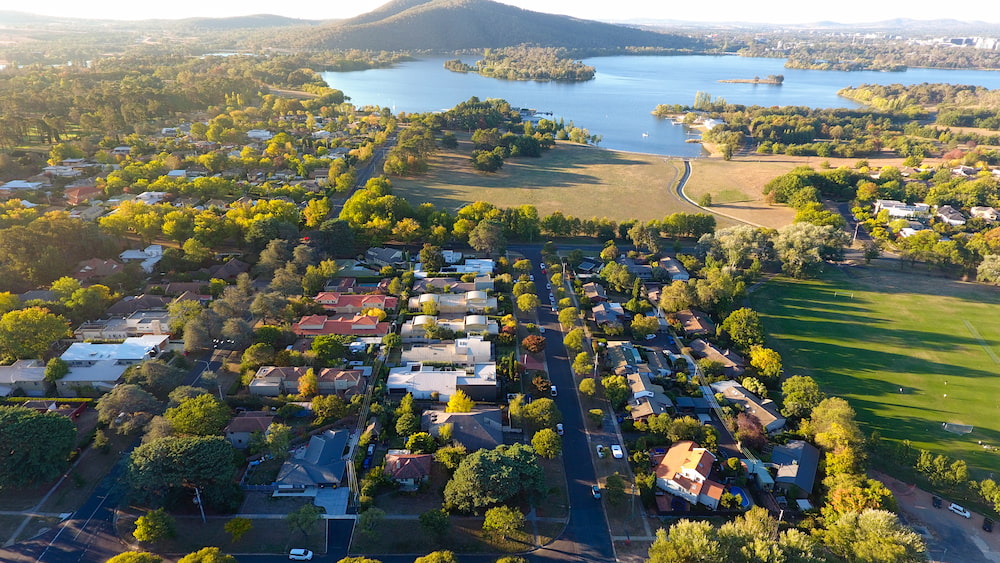The Government promises the 2021–22 Federal Budget will help thousands of first home owners and single parents buy their house – but social services say it does nothing to help the poorest people.
More than 2,800 Canberrans – more than the Treasury expected, Liberal Senator for the ACT Zed Seselja said – took part in the HomeBuilder program, which provides grants for eligible homeowners (including first home buyers) to build a new home or rebuild their existing home.
This year, 10,000 single parents will be able to build or buy a home through the New Home Guarantee, with a deposit of as little as 2%.
More budget coverage:
- Overview
- Canberra-specific measures
- Health, education and social services
- Tax versus poverty relief
- Housing
- Infrastructure and the environment
Adrian Kelly, president of the Real Estate Institute of Australia, said this was a win for women and first home buyers. Transitional loans for single parents to match a 2% deposit maintained a ‘Pink Budget’ focus on helping women into housing.
The Government has also lifted the First Home Super Saver Scheme voluntary contributions cap from $30,000 to $50,000. The FHSSS allows people to save money for their first home inside their super fund.
Mr Kelly said that expansion of the First Home Super Saver had been a longstanding REIA priority. “It is a good taxation incentive which will help more first home buyers enter the market.”
However, ACT Council of Social Service (ACTCOSS) director Dr Emma Campbell argued that the “poorly targeted” HomeBuilder extension; the “regressive” increase in home savings under the First Home Super Saver Scheme; the Family Home Guarantee; and the First Home Loan Deposit Scheme would inflate home prices.
“The Budget does nothing to improve access to secure and affordable housing for people on the lowest incomes. Instead, it adds fuel to the fire of out-of-control housing costs.”
The Federal Government will provide $3.3 billion to support state affordable housing services, and $124.7 million over the next two years for social and community service workers in the housing and homelessness sectors. This includes $135 million for the ACT under the National Housing and Homelessness Agreement (NAHA).
Mr Kelly said this would help ease a growing problem.
“The pandemic showed how desperately needed affordable housing is, so this will help address the 3% of the housing spectrum that require housing stock of this kind.”
However, Dr Campbell said she was disappointed the Federal Budget did not invest in social housing needed to address the ACT’s housing crisis.
Neither the allocations for NAHA nor HomeBuilder were new money, Dr Campbell said. NAHA was basic funding for homelessness services, and (very) limited support for affordable housing across all states and territories; HomeBuilder had already been announced, and was not money for affordable housing.
“The Federal Government has – once again – missed an opportunity to ensure that all Australians have safe and secure housing, and to provide a boost to the economy.”
Canberra had a shortfall of 3,000 social houses, while 1,600 people were homeless, and homelessness was predicted to grow by 7.8% this year. On the other hand, every $1 million invested in social housing would boost the GDP by $1.3 million.
“Overall, the Budget lifts essential services, but leaves too many vulnerable Canberrans stranded,” Dr Campbell argued. “It does nothing to address the severe shortage of social housing, or raise social security payments above the poverty line. If we’re serious about a sustainable recovery and addressing inequality, we must address these fundamental issues.”



